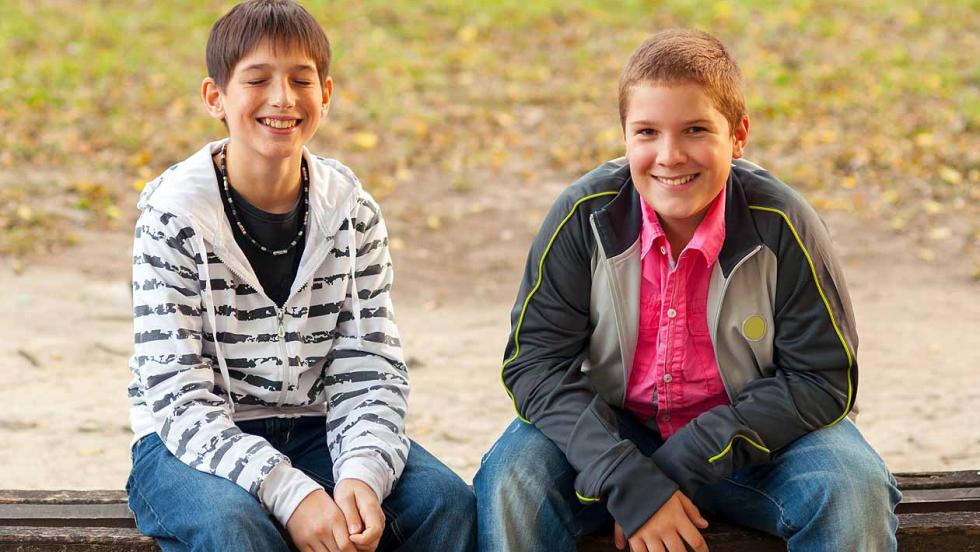What it means to be looked after or in care

Being in care or ‘looked after’ happens when it is not safe for a child to stay at home.
When this happens, the local authority (Council) takes on some of the parental responsibility.
Take action: Children and young people have their say in how they are looked after. Find out more on the Children in Care Council page.
Care plan
Every child in care has a care plan. This says:
- where you live
- where you go to school/college
- when you see your birth family
Your care plan is written with you and your family. It should take into account:
- what you want now, like how often you see family members
- what you want to do in the future, for example if you want to go to university
Other people will be involved with your care plan. This will always include foster carers and anyone else who looks after you. It might also include other people involved in your care, like someone at your school.
Crucial: Your care plan will change over time.This is why it is important to get involved during care plan reviews. This is the best way to make sure your changing needs are met.
Your family
The people who care for you understand the importance of keeping in touch with family. If it is safe for you to keep in touch with your family, you will be supported to do so.
You can do this in different ways. This could include letters or visits.
If you are unhappy about seeing your parents or any other person, let your social worker know.
You really don't have to have contact with someone if you don't want to.
Your friends
Friends are a great support. You will be supported to carry on your life with as little disruption as possible. This means your carer or social worker will support you to keep in touch with friends.
Crucial: Care proceedings should not disrupt your education. Workers will put a lot of effort into making sure you can stay at your school, complete exams, and gain your qualifications.
Help and support
Help and support is available from your carer, social worker, and other services.
But sometimes you might feel you need more support.
Advocacy is a way of helping children and adults to have their voice heard about important things.
Advocacy can help people of all ages to
- have their voices heard on issues that are important to them
- safeguard and defend their rights
- gain personal skills which can also be used elsewhere
Find out more about how to get advocacy for children in care in Oxfordshire.


Leave a comment or question